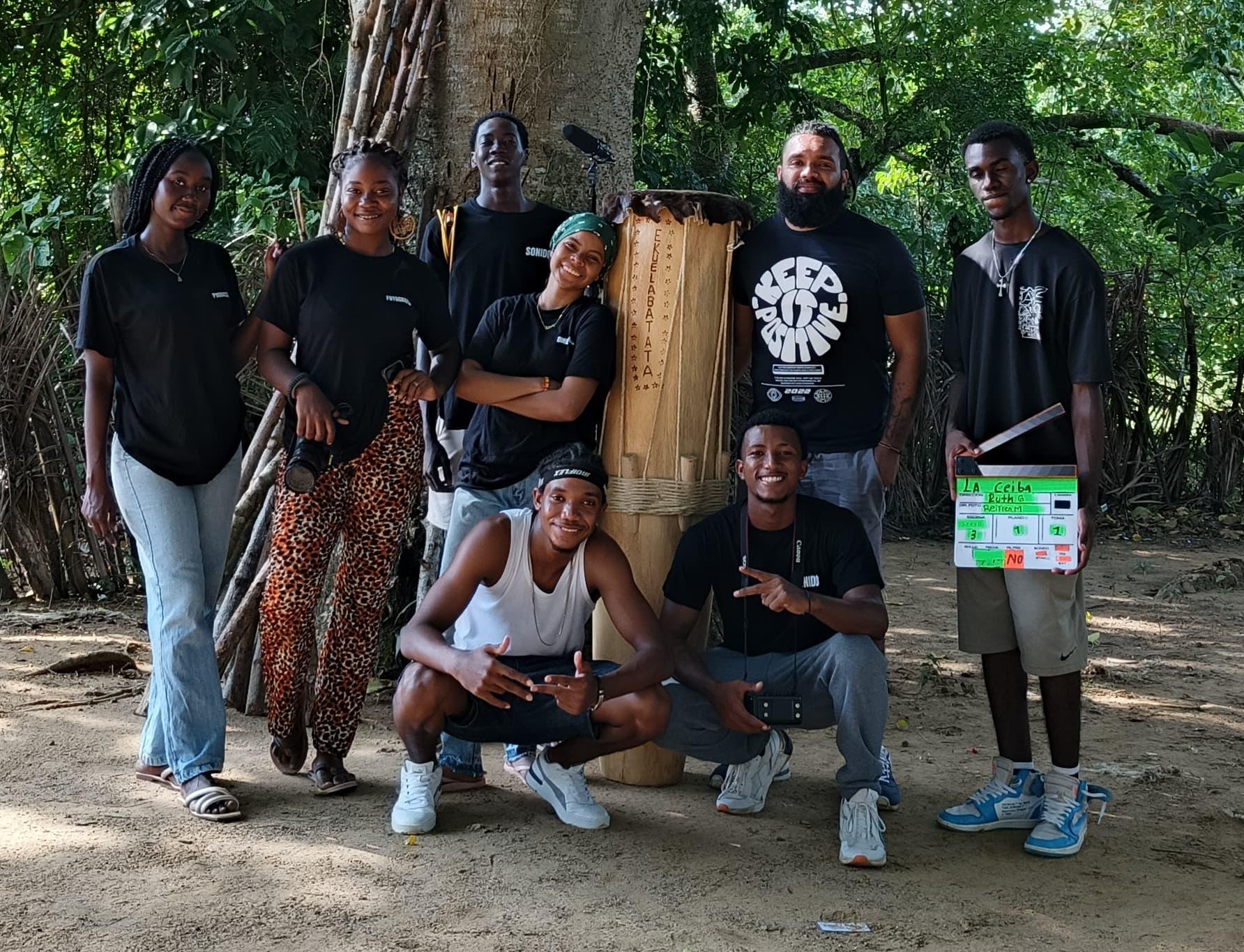Explore Issues
- Arts and Culture
- Decolonizing Thought
- Environmental Justice
- Health
- Languages and Education
- Science
- Social and Gender Justice
- Uncategorized
Filter by Country
-

Youth Processes in the Revitalization of the Palenquera Language
The Palenquera language is one of the most emblematic cultural expressions of San Basilio de Palenque, a living testimony to the resilience and identity of its people. However, like many minority languages, it faces the threat of extinction due to the influence of Spanish, globalization, and sociocultural changes. In this context, youth participation has been…
-

The Voice of Ckuri: The Revitalization of the Kunza Language in the Salta Puna Region, Argentina
We agreed to meet at a linguistics conference in the city of Salta. Our common interests were joining the sessions on glottopolitics and sociolinguistics and scant opportunities to discuss current research on the country’s indigenous languages. We wondered whether the topic had made it on the research and academic linguistic event’s agenda, after the United…
-

Jichi, the Water Keeper
A mysterious being manifests itself usually as a large snake. The basin of the Guapomó dam or reservoir is located within the Chiquitano Dry Forest of the department of Santa Cruz, Bolivia. Its waters flow into the San Ignacio de Velasco dam, which covers an area of 300 square kilometers. Its ecosystem is under the…
-

“Salta Is Indigenous,” the Rivers Sing with Their Stones, while Mother Earth Roars
The complexion of northwestern Argentina (NOA) is being redefined, especially in border provinces such as Salta and Jujuy. When we reconstruct the history of indigenous peoples, it confirms their preexistence, even before the Inca expansion. For this reason, it is absolutely necessary to inquire about their hidden genealogies and ways of survival—through song, storytelling, medicine,…
-

What Kind of Binnizá Woman Am I? A Look at Questioning Our Identity
As indigenous women, talking about our identity has become essential to name ourselves through our feelings and concerns. Seemingly, the question of an indigenous woman’s identity is one that has already been resolved and accepted, even in our territories, but to claim that our past identity is the same as our present one, would be…
-

Meet the First Generation of Awasqa Youth Scholars
It is with great joy that we want to introduce the first eight young Awasqa Youth Scholarship recipients! The main objective of the Awasqa Youth Scholarship is to create networks across Latin America and to give visibility to the work of Black and indigenous youth who are leading in the fields of community journalism, communication…
-

New Awasqa Web Site for Linguistic Justice and Participatory Communication
After a long hiatus, Awasqa is on its way to a new phase. Based on its original objectives of promoting linguistic justice and participatory communication for indigenous peoples in Abya Yala, at Awasqa we took the initiative to redesign its website. This will allow us to create a more collaborative process to make Awasqa a…
-

A Zapotec Reflection on Freedom: Mom, How Do You Allow Yourself to Do What You Desire?
FROM THE EDITORS: Freedom is a concept used in multiple ways to limit, cancel, or break community processes, especially those related to indigenous peoples. That is what the editors of Tzam: Las Trece Semillas Zapatistas try to answer this month by presenting a series of essays that explore freedom from an indigenous viewpoint. According to…